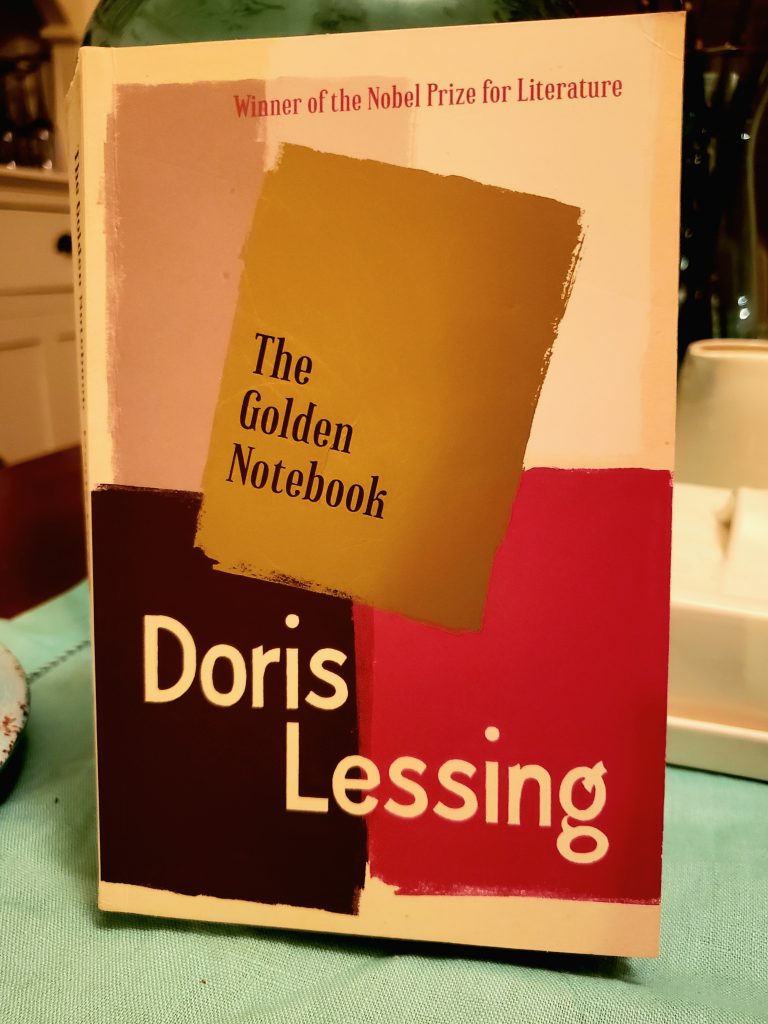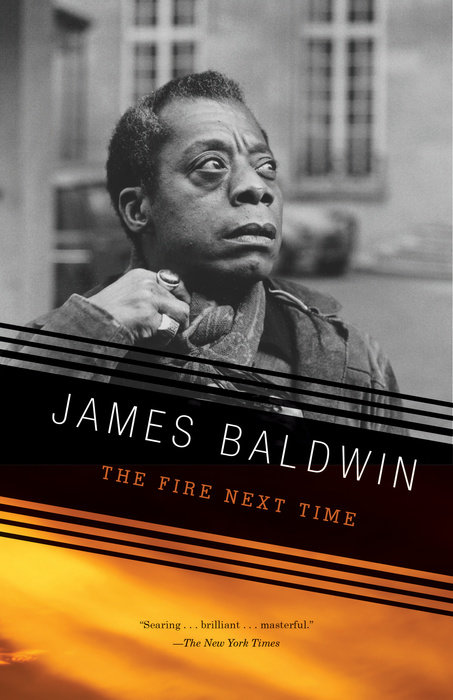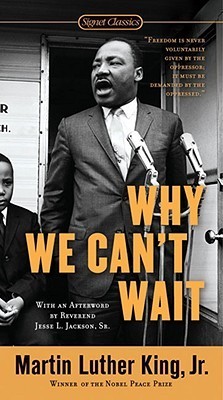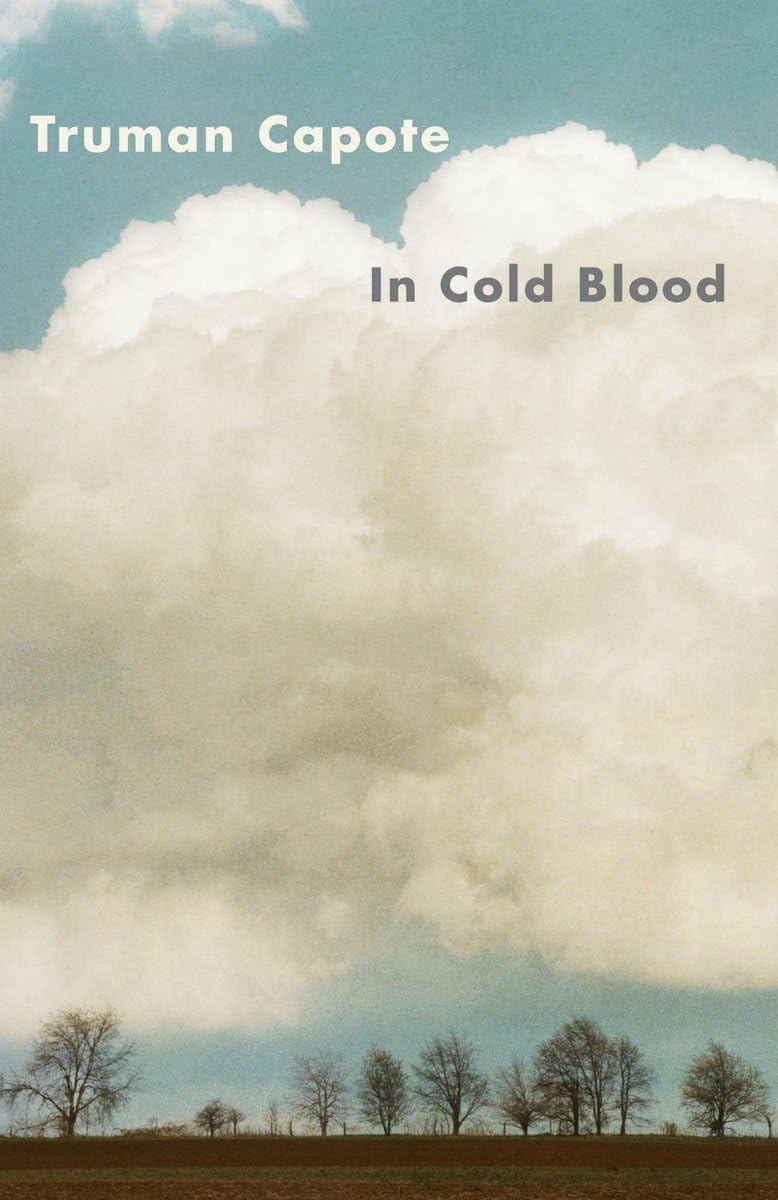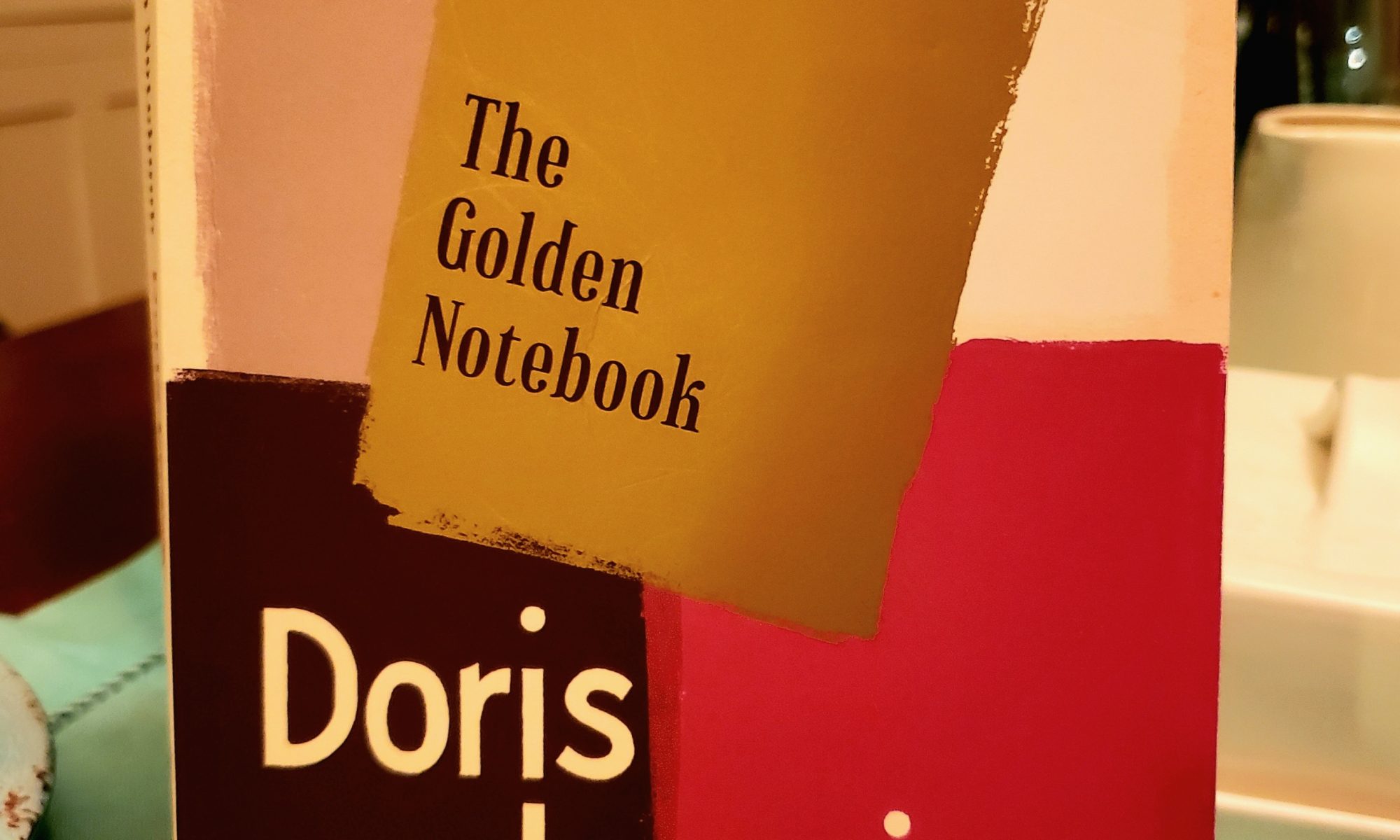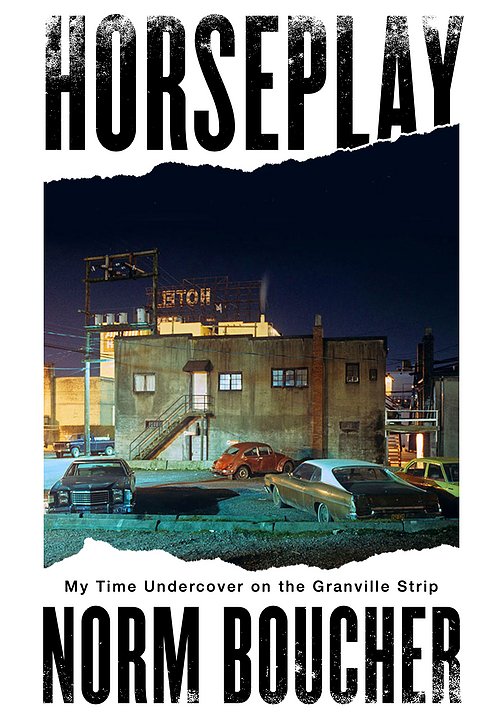A few days ago I listened to the New York Times Book Review podcast where Philip Roth biographer Blake Bailey spoke at length with host Pamela Paul about his new book, Philip Roth: The Biography. It was a decent interview, even if a bit skimpy on some pretty interesting areas of Roth’s life and character. I haven’t read much Roth, but I have read a little about him and his work. And I have a penchant for literary biographies, even of those whose work I’m not well versed in.
Well, two days later I read in The New Yorker and the New York Times that Bailey has been accused of sexual assault and inappropriate behaviour with students. Roth denies them. The publisher, W. W. Norton, has stopped shipment of any further books and cancelled publicity for the author and the biography. This, The New Yorker article states, is unusual behaviour for a publisher. Bailey’s literary agent, The Story Factory, has also dropped him as a client.
Besides the horrific and disgusting descriptions of the allegations made by Roth’s accusers, the role of his publisher, W. W. Norton in all of this, is, for lack of a better description right now, rather disturbing. Not for halting further distribution, but because the president of Norton publishing, Julia A. Reidhead, had been made aware of the sexual assault allegation years earlier. A reporter at the New York Times had also been informed by the accuser, anonymously, but when the reporter replied to that email, there was no response.
An anonymous email was also sent to Reidhead by the alleged victim who made clear she would be willing to verify her accusation. She also stated that Bailey would likely recognize her identity if faced with the details. So what did Reidhead do? She passed the anonymous email on to Bailey. Whoa! This was in 2018. The alleged “nonconsensual sex” took place in 2015. I’m not sure how out of touch, morally diminished, or simply clueless one has to be to do such a thing. Bailey responded to his accuser writing that such untrue accusations would be devastating to his daughter and wife.
Julia Reidhead has not responded to reporters’ requests for comment as of this writing, although Norton has issued a response saying that it looked into the allegations, that it was aware the New York Times had been informed of them, and that they confronted Bailey on the matter and he denied the allegations. Norton was aware of the author’s desire to maintain anonymity. It seems to be an odd response, but I’m sure it was completely vetted, if not written, by their lawyers. Whether lawyers were involved in the original instance would be interesting to know. Besides any pursuit of the allegations themselves, I suspect this may have some serious fallout for Reidhead.
There are further disturbing allegations against Bailey that I have not discussed here. Below are just a few links that go into more detail about all this story and all the accusations. Again, Bailey has denied the allegations.
Will Norton quietly release more copies down the road? They say they will not. Many of Roth’s documents that Bailey used are to be destroyed, so this may be the only biography to have such depth of material and access to his personal archives. This also adds another case study to the growing pile of bad people and their behaviour and how we, as a society and as individuals, should respond, consume and assess their work. It is a complex issue and one that is separate from, although completely linked to, the allegations of Bailey’s abhorrent behaviour and harm caused to the alleged victims.
New York Times
The New Yorker
The Times-Picayune
